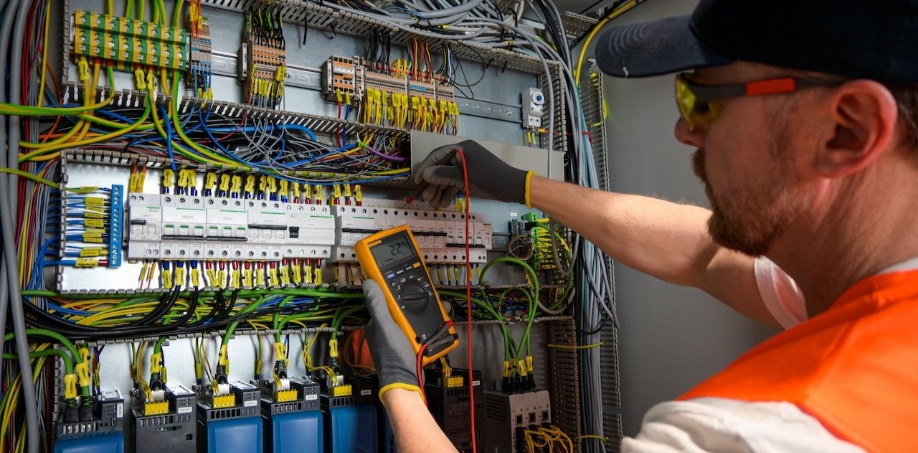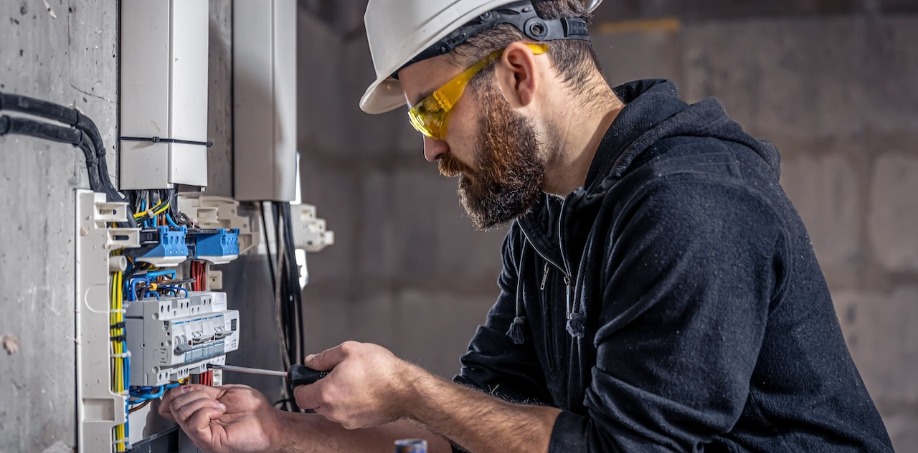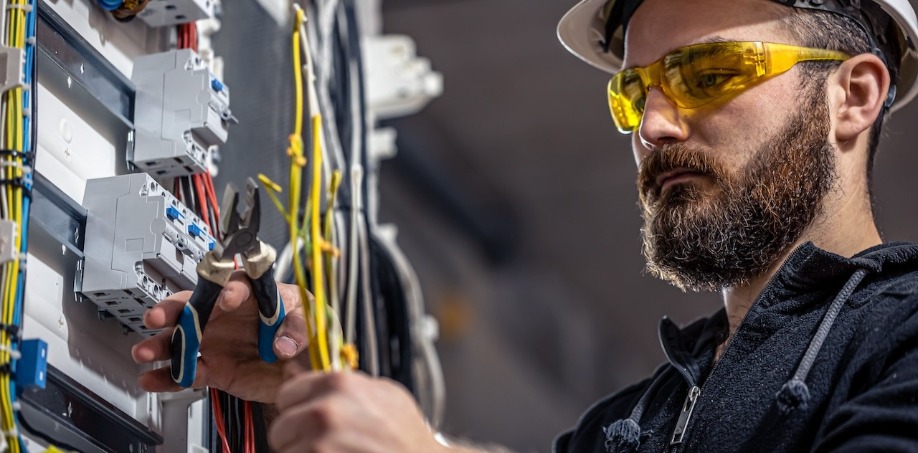Essential Tools for an Electrician's Toolkit
Electricians are the backbone of modern society, ensuring that homes, businesses, and industries have access to safe and reliable electrical power. Their work encompasses everything from installing new electrical systems to troubleshooting and repairing existing ones. Given the complexity and importance of their work, electricians require a specialized set of tools to perform their duties effectively. In this blog post, we'll explore the different responsibilities of electricians and highlight five must-have tools for their toolkit.
What Does an Electrician Do?
Electricians are skilled tradespeople who install, maintain, and repair electrical systems. Their responsibilities can vary widely depending on their specialization and the specific job at hand. Here are some common tasks electricians perform:
Installation: Setting up new electrical systems in homes, commercial buildings, and industrial facilities. This includes wiring, circuit breaker panels, outlets, and lighting fixtures.
Maintenance: Regularly checking electrical systems to ensure they are functioning correctly and safely. This includes inspecting wiring, switches, and other electrical components.
Repair: Troubleshooting and fixing electrical issues such as power outages, faulty wiring, and malfunctioning equipment.
Upgrades: Updating older electrical systems to meet current safety standards and accommodate modern electrical demands.
Compliance: Ensuring all work complies with local and national electrical codes and safety regulations.
Top 5 Must-Have Tools for Electricians
To perform these tasks efficiently and safely, electricians rely on a variety of tools. Here are the five essential tools every electrician should have in their toolkit, along with explanations of their importance.
Multimeter: A multimeter is a versatile diagnostic tool that measures voltage, current, and resistance in electrical circuits. It helps in identifying live wires, checking continuity, and measuring electrical values. Without a multimeter, electricians cannot accurately diagnose issues or verify that a circuit is safe and operational.
Pliers: Pliers are fundamental in an electrician's toolkit, used for gripping, twisting, bending, and cutting wire. Different types of pliers serve various functions, but the most common types include Needle-Nose Pliers, Diagonal Cutting Pliers and Linesman Pliers. Pliers are indispensable for handling wires and making precise cuts and bends, which are everyday tasks for electricians.
Wire Strippers: Wire strippers are used to remove the insulation from electrical wires without damaging the wire itself. They come with various size settings to accommodate different wire gauges. Properly stripping wires is crucial for making secure electrical connections.
Voltage Tester: A voltage tester is a critical safety tool that allows electricians to check for the presence of voltage in electrical circuits. This tool helps electricians safely identify live circuits and avoid potentially dangerous situations.
Screwdrivers and Nut Drivers: Electricians use screwdrivers and nut drivers to tighten and loosen screws and nuts on electrical devices. Having a set of insulated screwdrivers is crucial to protect against electrical shocks. Screwdrivers and nut drivers are used in almost every aspect of electrical work, from installing outlets and switches to securing panels and fixtures.
Having the right tools is essential for any electrician to perform their job safely, efficiently, and to a high standard. Electricians use a variety of tools, but the ones mentioned above are the essential components of an electrician's toolkit. You can find all the tools you need, at Midland Tool & Supply. Give our team a call and update your toolkit today, at 877-446-4352.




